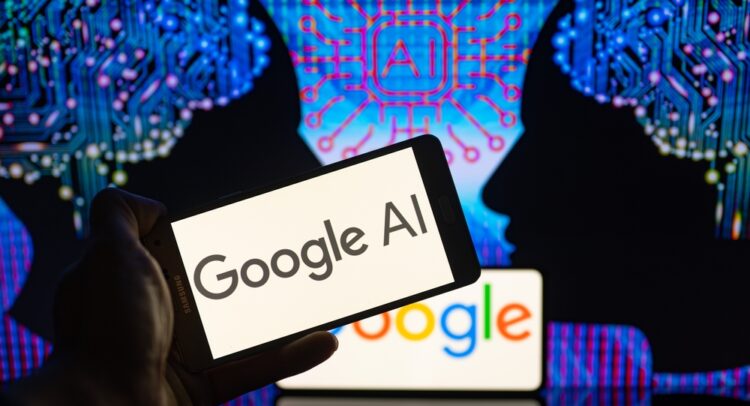Google has introduced new accessibility features across its services to enhance inclusivity for people with disabilities. Key updates include improvements to Google Maps, expansions to the Look to Speak app, and a significant upgrade to the Lookout tool for Android.
The Lookout tool, designed for users with impaired eyesight or blindness, now boasts advanced AI capabilities. It offers real-time directional assistance and allows users to search for specific objects within seven categories, such as bathrooms and chairs.
The Look to Speak app for Android, which enables communication using eye-controlled prewritten words, now includes a text-free option. This enhancement aims to increase usability and inclusivity for individuals with cognitive impairments, literacy challenges, and language barriers.
Project Gameface, previously available only on PCs, is now accessible on Android devices. This technology enables users to control a computer cursor with their heads and faces, providing greater accessibility and flexibility in computing.
Google Maps has also seen accessibility updates. Businesses can now indicate that their maps support Auracast-enabled Bluetooth devices, enhancing navigation for users with hearing impairments by allowing them to receive audio from broadcast devices at various venues. Comprehensive audio guidance for walking directions is now available in all supported languages on Android and iOS devices.
Based on user feedback, Google has improved its sound notifications system to better alert users to important sounds, such as fire alarms. Enhancements include an improved onboarding process, better sound event browsing, and the option to save custom sounds, all aimed at improving accessibility for users with hearing difficulties.
Goo


